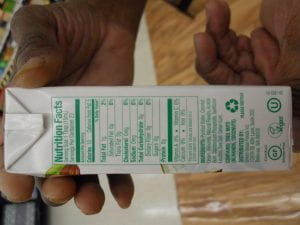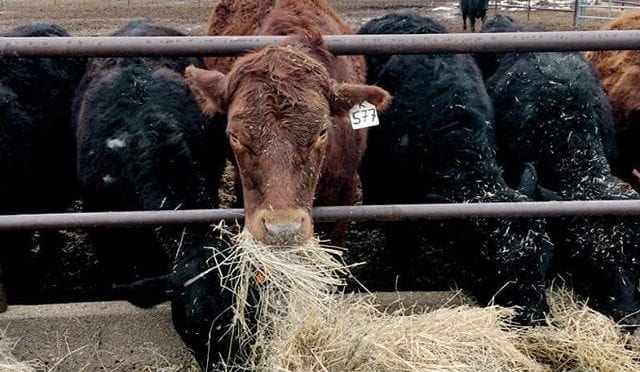On October 9th, after a class discussing precision agriculture technology and data management, we were asked to do a reading from November 2018 on the Center for Food Integrity‘s ‘Gene Editing, Engage in the Conversation’ about speaking to opponents of gene-editing – namely the pre-2013 Mark LYNAS” of the world, anti-GMO supporter.
In the article, it is explained that gene-editing is the key to producing, ‘healthier, more affordable, and abundant food with less land and water-use’ and that consumers are, ‘inherently curious’ about the source of their food and how it’s produced. It is the job of ‘Ag-vocates’ to explain biotech to those who are curious or misinformed. It is helpful to provide tangible examples, and real-world visuals and anecdotes to aid in communication.
First, it is helpful to explain what gene-editing is, which is ,’the precise, intentional, and beneficial change of the genetic material of plants and animals used in food production for additional health, nutrition, and environmental benefits.’ Many consumers don’t believe plants even have DNA or contain genes.
When presenting knowledge about the gene-editing technique CRISPr to those consumers, finding experts whose knowledge is easily digestible is key.
Secondly, explain how gene-editing is beneficial to human health, i.e., use common ailments like cancers (leukemia, sickle cell, lung cancer) to frame gene-editing in a positive light.
Third, talk about how gene-editing has evolved with time. The process of cross-breeding plants with trial-and-error is a lengthy procedure that can take decades, while targeted editing is much quicker.
Fourth, find benefits that align with public desires. Honing in on what consumers want, be it improved animal welfare or protecting the environment can be the key to swaying dissenters to the side of biotech.
Two analogies used to explain gene-editing are, ‘The Blueprint’ and, ‘the Encyclopedia’ to explain how making small aesthetic changes to a house does not make it structurally unsound or uninhabitable and can make it increasingly easy to find where the right resources are located, respectively.
Ultimately values, and not facts, are typically what sway both hearts and minds.
Finally, the article ends with a helpful glossary of terms and online resources, as well as the relatively recently established in 2016, ‘Coalition for Responsible Gene Editing in Agriculture‘. The Coalition is a collection of various entities from different fields who have shared values about gene-editing.






